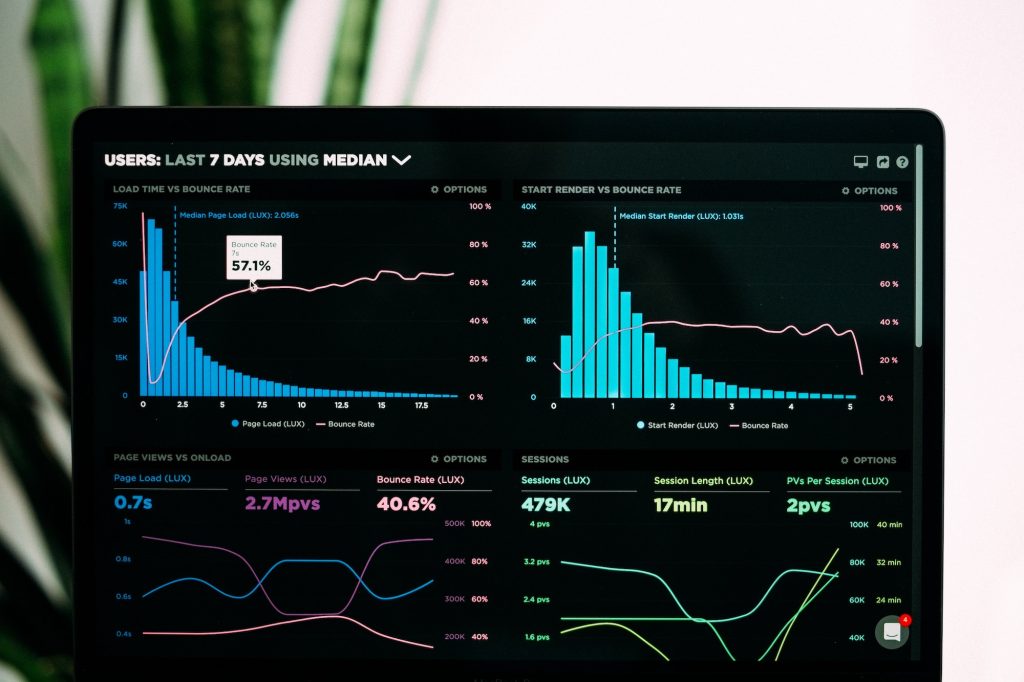Rise of the Machines: Pros and Cons of Automated Stock Trading Systems

In today’s fast-paced world, stock trading has been transformed by the rapid evolution of technology.
Automated stock trading systems have taken the financial industry by storm, promising a host of benefits such as improved efficiency, better risk management, and the possibility of increased long-term financial gains. But with every silver lining, there’s a potential dark cloud. In this article, we’ll delve into the advantages and disadvantages of automated stock trading systems in terms of efficiency, risk management, and potential long-term financial gains.
The Rise of Automated Stock Trading Systems
Before we dive headfirst into the nitty-gritty of the advantages and disadvantages of automated stock trading systems, let’s take a moment to understand the basics of these systems.
What are Automated Stock Trading Systems?
Automated stock trading systems, also known as algorithmic or algo trading, are computer programs that use complex algorithms to execute trades on behalf of investors. These systems follow predefined rules and criteria, making decisions based on various factors such as price, timing, and volume.
Now that we’ve got the basics covered, let’s move on to the meat and potatoes of this article – the advantages and disadvantages of automated stock trading systems in terms of efficiency, risk management, and potential long-term financial gains.
Efficiency: The Good, the Bad, and the Lightning Fast
Advantages
- Speed: The most significant advantage of automated stock trading systems is their ability to execute trades at lightning speed, allowing them to capitalize on fleeting market opportunities.
- Precision: Algo trading systems can execute trades with remarkable accuracy, reducing the likelihood of errors that can occur in manual trading.
- Emotion-free trading: By eliminating emotions from the equation, automated trading systems can prevent impulsive decisions and help investors stick to their predefined strategies.
Disadvantages
- Technical glitches: As with any technology, automated trading systems can experience technical issues that may lead to incorrect trades or losses.
- Over-optimization: Traders may be tempted to over-optimize their algorithms to fit historical data, leading to poor performance in real-world trading situations.
Risk Management: A Double-edged Sword
Advantages
- Diversification: Automated stock trading systems can help traders diversify their portfolios by executing multiple trades across different markets and asset classes simultaneously.
- Stop-loss orders: These systems can execute stop-loss orders automatically, helping to limit potential losses and protect profits.
Disadvantages
- Flash crashes: Automated trading systems may contribute to sudden market fluctuations, known as flash crashes, due to their rapid execution of trades.
- Dependency on technology: Relying solely on automated trading systems can create a false sense of security, causing traders to overlook potential risks.
Potential Long-term Financial Gains: The Golden Goose or Fool’s Gold?
Advantages
- Consistency: Algo trading systems can consistently follow a predefined strategy, increasing the likelihood of long-term financial gains.
- Reduced transaction costs: By executing trades quickly and efficiently, automated stock trading systems can help minimize transaction costs.
Disadvantages
- Lack of flexibility: Automated trading systems may struggle to adapt to sudden market changes or unforeseen events, limiting their potential for long-term financial gains.
- High initial investment: Developing and implementing an effective automated trading system can be expensive, which may offset potential gains.
FAQs
Are automated stock trading systems suitable for all types of traders?
While they can offer numerous benefits, automated trading systems may not be suitable for everyone. Traders should carefully consider their individual needs, goals, and risk tolerance before deciding to use such a system.
Can I fully rely on automated stock trading systems for all my trading decisions?
While automated trading systems can provide valuable support, it’s essential to remain engaged and vigilant, regularly monitoring your system’s performance and staying informed about market developments.
What is the role of human traders in the world of automated stock trading systems?
Human traders still play a vital role in decision-making, strategy development, and oversight. Automated trading systems are tools that can help, but they should not replace human intuition, expertise, and judgment.
Conclusion
In the end, the advantages and disadvantages of automated stock trading systems in terms of efficiency, risk management, and potential long-term financial gains are a mixed bag.
On the one hand, these systems offer the promise of speed, precision, and consistency, which can lead to increased profits. On the other hand, there are valid concerns about technical glitches, over-optimization, and the potential for flash crashes.
As with any investment strategy, it’s essential to weigh the pros and cons carefully and determine if automated stock trading systems align with your individual needs, goals, and risk tolerance.
By staying informed and engaged in the process, you can harness the power of technology to your advantage while mitigating potential downsides. Remember, there’s no one-size-fits-all approach to investing, and the key to success lies in finding the right balance between human expertise and technological support.